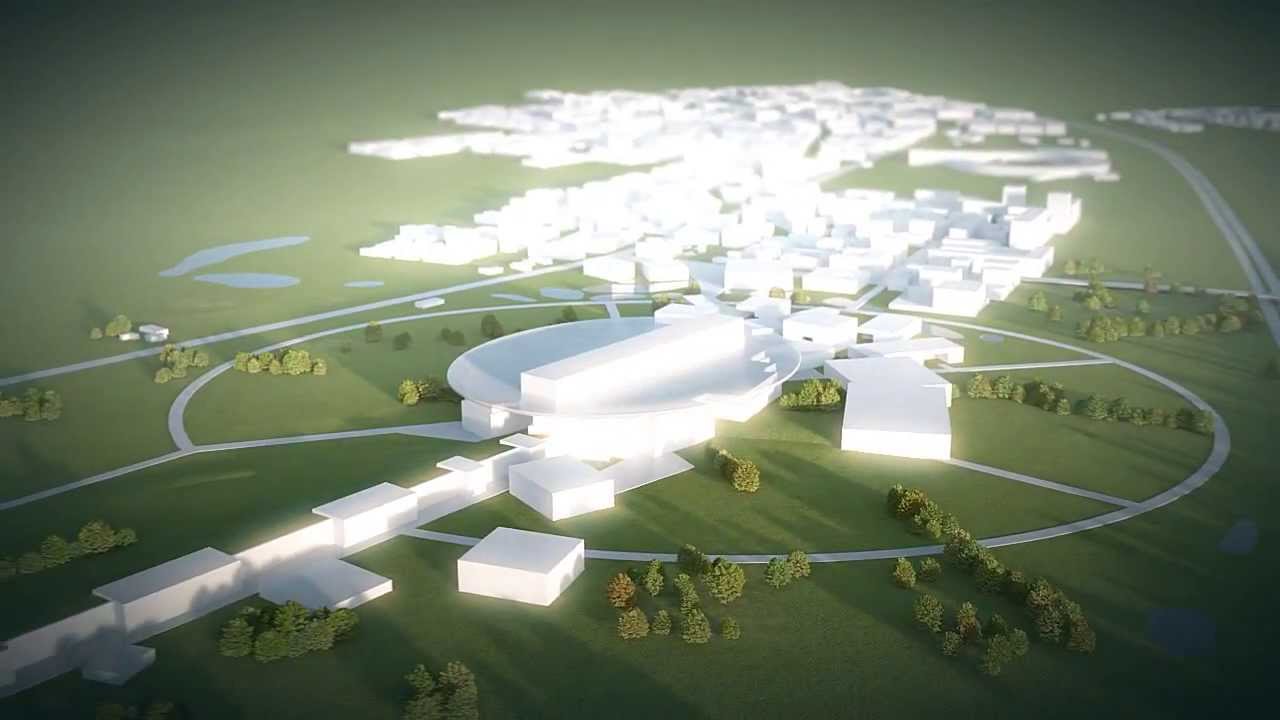Swiss to gain access to the world’s most powerful neutron source
The Federal Council is requesting that Parliament approve Switzerland’s accession to the world’s most powerful neutron source, the European Spallation Source (ESS), as well as Switzerland’s necessary contributions to the facility’s construction and operation until 2026.

In supporting Switzerland’s participation in the ESS, the Federal Council aims to consolidate Switzerland’s position at the forefront of international research. The ESS research infrastructure in Lund, Sweden is expected to become the world's most powerful neutron source. The ESS will help researchers gain insight into various materials and biological structures and thereby provide the basis for developing new technical equipment or medicines. The ESS will complement existing facilities and allow researchers in Switzerland to conduct experiments which are not possible in Switzerland.
Parliament has already approved Switzerland's contribution of around CHF 32 million for the first construction phase under the Dispatch on Education, Research and Innovation 2013-2016. The contribution amounting to around CHF 98 million for the second construction and operation phase until 2026 should now be approved. Switzerland's participation will then amount to 3.5% of the ESS' total costs of around CHF 3.7 billion. external page Seventeen partner countries are involved in the project.
Switzerland to consolidate its position
No agreement between Switzerland and the European Commission is necessary for Switzerland to participate in the ESS. Switzerland depends on participation in international research infrastructures for its cutting-edge research in many areas. Infrastructure such as observatories for environmental sciences, databases in genomics and in social sciences, irradiation facilities for materials research or super computers are often beyond the reach of a single country and require cooperation among several states.
This is why Switzerland already successfully participates in various international research infrastructures under a range of international agreements (CERN, ESO, XFEL, EMBL). This gives Swiss research institutions, in particular the two federal institutes of technology in Zurich and in Lausanne, the cantonal universities and universities of applied sciences, access to experiments and the latest data.